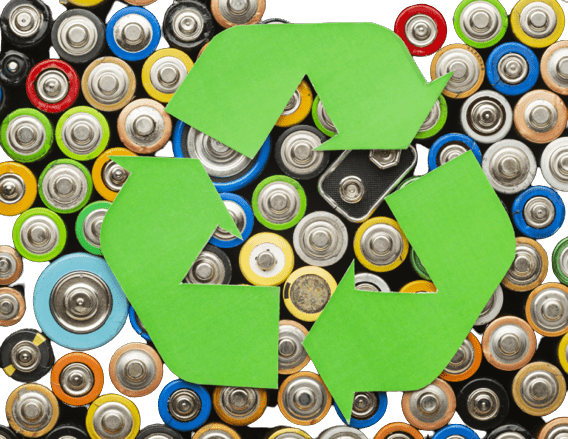Li-ion battery recycling is a crucial aspect of safeguarding sustainability in the context of energy storage and transportation technologies. As the use of Li-ion batteries continues to grow in applications like electric vehicles (EVs) and renewable energy systems, proper recycling practices offer several environmental benefits. Here’s how Li-ion battery recycling contributes to sustainability:
1. Resource Conservation: Li-ion batteries contain valuable and limited resources such as lithium, cobalt, nickel, and other metals. Recycling these batteries allows these resources to be reclaimed and reused in new battery production, reducing the need for virgin materials and conserving natural resources.
2. Reduction in E-Waste: Li-ion batteries are a type of electronic waste (e-waste), and improper disposal can lead to environmental contamination and health hazards. Recycling prevents these batteries from ending up in landfills or being incinerated, minimizing the environmental impact associated with e-waste disposal.
3. Energy Savings: Extracting raw materials from ores and refining them into usable materials requires significant energy consumption and emissions. Recycling batteries reduces the energy needed to mine, process, and transport raw materials, resulting in reduced carbon emissions.
4. Emission Reduction: The recycling process emits fewer greenhouse gases and pollutants compared to the extraction and processing of raw materials. This helps in lowering the carbon footprint associated with battery production.
5. Toxic Substance Management: Li-ion batteries contain hazardous substances that can leach into the environment if not properly managed. Recycling facilities are equipped to handle these substances safely, preventing potential environmental contamination.
6. Reduced Mining Impact: Mining for metals used in batteries can have significant environmental consequences, including habitat destruction, soil and water pollution, and disruption of local communities. Battery recycling reduces the demand for new mining operations, mitigating these negative impacts.
7. Closure of Material Loops: Recycling creates a closed-loop system where materials from end-of-life batteries can be reused in new battery manufacturing. This reduces the need to extract, process, and transport raw materials, promoting a circular economy.
8. Decreased Carbon Footprint: The overall carbon footprint of battery production is reduced when recycled materials are used. This contributes to achieving carbon reduction goals and addressing climate change.
9. Job Creation and Economic Benefits: Battery recycling industries create job opportunities and support local economies. The growth of recycling infrastructure can lead to the development of skilled labor and technological advancements.
10. Regulatory Compliance: Many regions and countries have regulations in place that require proper disposal and recycling of hazardous waste materials like Li-ion batteries. Adhering to these regulations ensures environmental protection and compliance with legal standards.
In order to maximize the environmental benefits of Li-ion battery recycling, it’s important to establish efficient recycling processes, develop effective collection systems, and invest in research and technology that improve recycling efficiency and recovery rates. A comprehensive approach to battery lifecycle management, including proper recycling, is essential for achieving a sustainable and responsible energy and transportation ecosystem.



